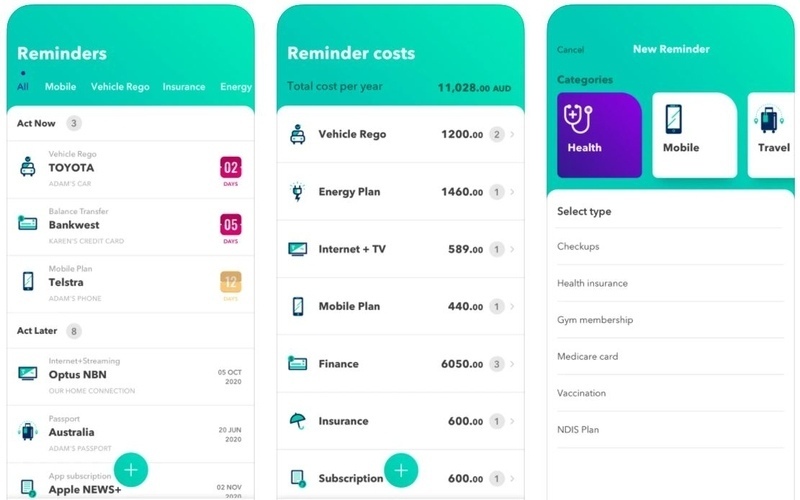Michelle Winzer, Heartland CEO, believes financial victimisation of elderly Australians is a "serious challenge that demands our collective attention."
"Our financial crime team regularly uncovers attempts by scammers posing as trusted parties," she told Savings.com.au.
"They might use convincing phone calls, deceptive emails, or phishing links to trick our customers into sharing personal identifiers like dates of birth or drivers licence numbers."
The grim reality is criminals target elderly people who might be less tech-savvy, or perhaps more credulous, than more discerning younger people, and Ms Winzer is worried about the rate the Australian population is aging.
"[The number of] people aged 75 to 84 is increasing at nearly five times the rate it was just 15 years ago, creating a large pool of potentially vulnerable individuals," she said.

Michelle Winzer, Heartland Bank CEO
How to protect yourself from scams
If you're worried about being targeted, Ms Winzer has some advice:
- Be cautious of anyone asking for access to your devices or personal details like passwords or one-off passcodes. Scammers often call posing as an employee of a real company - Telstra for example - and say you need to take urgent action on your computer. They try to convince you to use software that allows them remote access to your desktop, from which they can wreak all kinds of damage. You should only ever agree to something like this if you're completely sure the person you're talking to is who they say they are, which you never can be from a cold call.
- Don't rush into financial decisions. Ms Winzer says scammers use tactics to pressure you into acting quickly, creating urgency and panic. She says you should always take your time, getting independent advice from elsewhere, and again, verify the information you're being given.
- Regularly review your bank statements and credit report. If you find something amiss on either, you should contact your bank immediately.
Signs of a scam communication
The security team at NAB says there are often telltale signs that an email, text or phone number is fraudulent:
- Messages that don't address you by your name or say who they are from.
- Contact details or web address that are slightly different. For example, the email may be close to one you recognise, but with a 1 instead of an I.
- Poor spelling and grammar.
What can you do to protect elderly relatives?
For many people the biggest worry about scams isn't falling victim themselves, but for a vulnerable relative, say an older parent or grandparent.
Ms Winzer says financial literacy and awareness about scams are "indispensable tools" in the fight against elder abuse.
"It's vital to speak openly about elder abuse and dismantle the stigma so more people feel empowered to ask for help without fear or embarrassment," she said.
"Let's acknowledge the realities many older Australians face.
"While this issue won't be fixed overnight, raising awareness can significantly reduce this fear."
Picture from Matt Bennett on Unsplash

Ready, Set, Buy!
Learn everything you need to know about buying property – from choosing the right property and home loan, to the purchasing process, tips to save money and more!
With bonus Q&A sheet and Crossword!



 Emma Duffy
Emma Duffy














